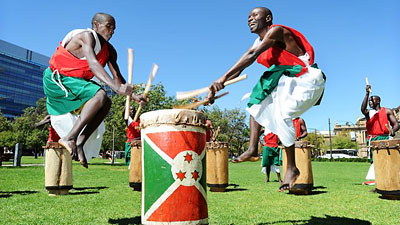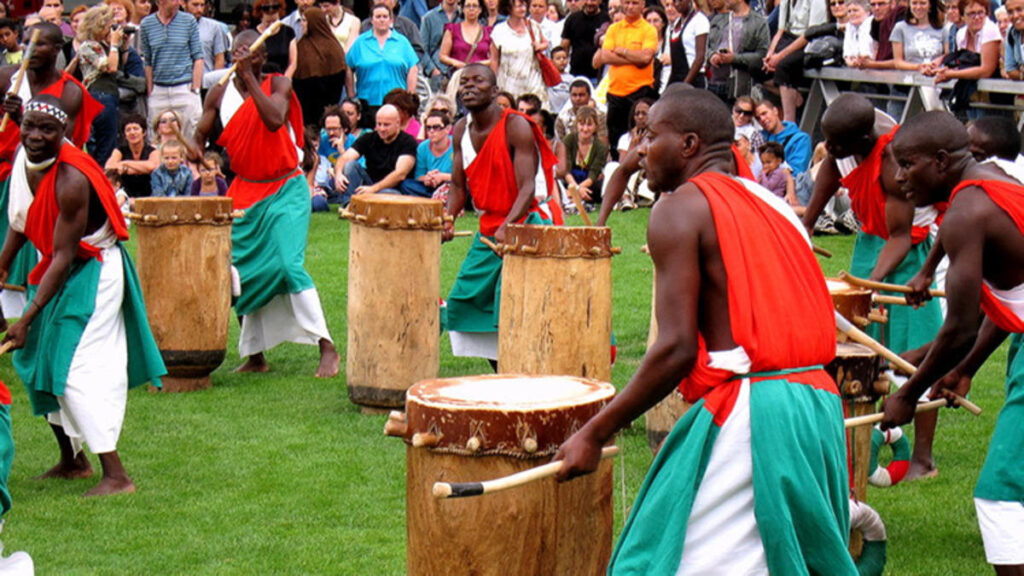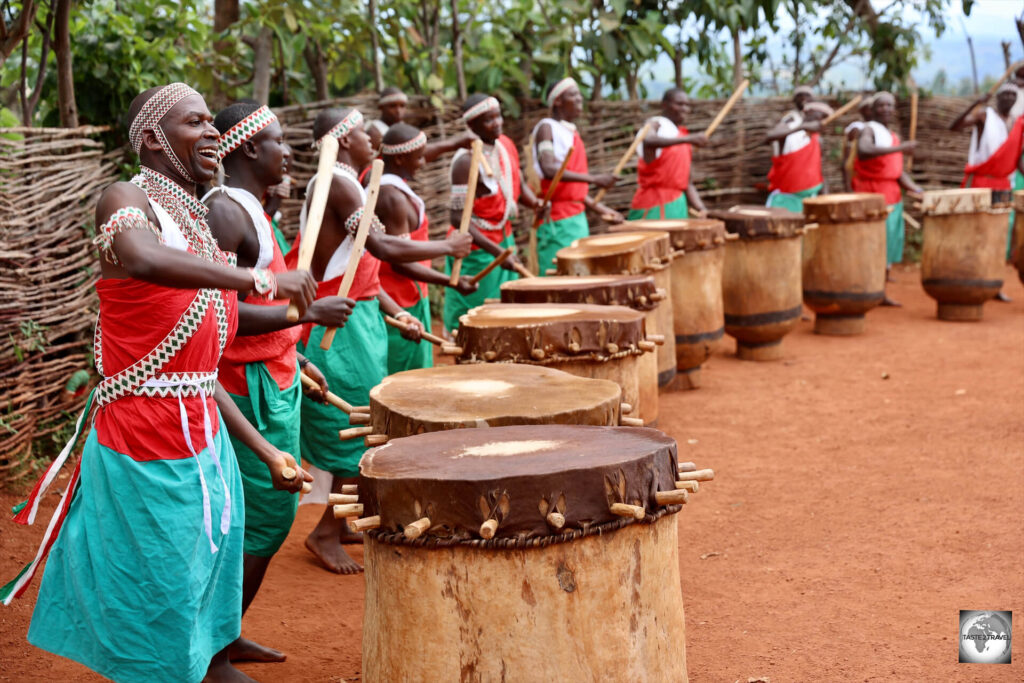
Exploring Burundi Culture: Traditions, Heritage, and Resilience
Nestled in the heart of East Africa, Burundi is a land of rich cultural tapestry, vibrant traditions, and a resilient people. Despite its small size, this beautiful country boasts a diverse array of customs and practices that reflect its history, values, and enduring spirit. In this article, we delve into the captivating world of Burundi culture, celebrating its uniqueness and exploring what makes it a beacon of cultural heritage in Africa.
Traditional Arts and Crafts: A Testament to Creativity
Burundi’s cultural identity is intricately woven into its arts and crafts. Traditional craftsmanship, such as basket weaving, pottery, and woodcarving, not only showcases the skill and creativity of its artisans but also preserves ancient techniques passed down through generations. These crafts are not merely decorative but also serve practical purposes, reflecting the ingenuity and resourcefulness of the Burundian people in their everyday lives.

Music and Dance: Rhythms of Celebration
Music and dance occupy a central place in Burundi’s cultural landscape. The country’s traditional drumming, known as umuganuro, is a mesmerizing spectacle that embodies the spirit of communal celebration and storytelling. Accompanied by energetic dances that involve intricate footwork and rhythmic movements, these performances evoke a sense of unity and pride among participants and spectators alike.
Cuisine: Flavors of Tradition
Burundian cuisine is a delicious fusion of local ingredients and culinary influences from neighboring countries. Staple foods such as isombe (cassava leaves with peanut sauce), ubugali (a type of cornmeal porridge), and matoke (cooked plantains) form the backbone of traditional meals. These dishes not only satisfy hunger but also serve as symbols of hospitality and cultural identity, shared with friends and family during festive occasions and everyday gatherings.
Clothing and Attire: Colors of Identity

Traditional attire in Burundi reflects both cultural heritage and personal expression. Women often wear vibrant kitenge fabrics, intricately patterned and draped elegantly, while men don imbenge or gutumba, traditional garments that signify dignity and pride. These garments are worn with reverence during ceremonies, rituals, and important social gatherings, embodying the deep-rooted traditions and values of the Burundian people.
Ceremonies and Rituals: Markers of Life’s Milestones
Burundian culture places great importance on ceremonies and rituals that mark significant life events, such as birth, initiation, marriage, and death. These rituals are steeped in symbolism and tradition, guiding individuals and communities through life’s transitions with respect and reverence. They serve not only to strengthen familial and social bonds but also to reaffirm cultural identity and values passed down through generations.
Language and Literature: Preserving Oral Traditions
The Burundian people uphold a rich tradition of oral literature, passed down through storytelling, proverbs, and poetry. Ikinyarwanda and Kirundi are the official languages, each with its own nuances and regional variations. These languages serve as vehicles for preserving history, transmitting cultural values, and fostering a sense of belonging among Burundians, whether in urban centers or rural communities.
Challenges and Resilience: Navigating the Path Forward
Like many countries, Burundi faces challenges that impact its cultural heritage and social fabric. However, the resilience of its people and the steadfast commitment to preserving their traditions offer hope for the future. Efforts to promote cultural education, support local artisans, and celebrate cultural festivals contribute to the ongoing vitality and vibrancy of Burundi’s cultural heritage.
Conclusion: Celebrating Diversity and Unity
In conclusion, Burundi culture is a testament to resilience, creativity, and the enduring spirit of its people. Through its arts, music, cuisine, attire, ceremonies, and language, Burundi celebrates diversity while uniting its communities in shared cultural pride. As the country continues to navigate the complexities of modernity and change, its cultural traditions remain a source of strength and identity, ensuring that the vibrant tapestry of Burundi culture continues to flourish for generations to come.
